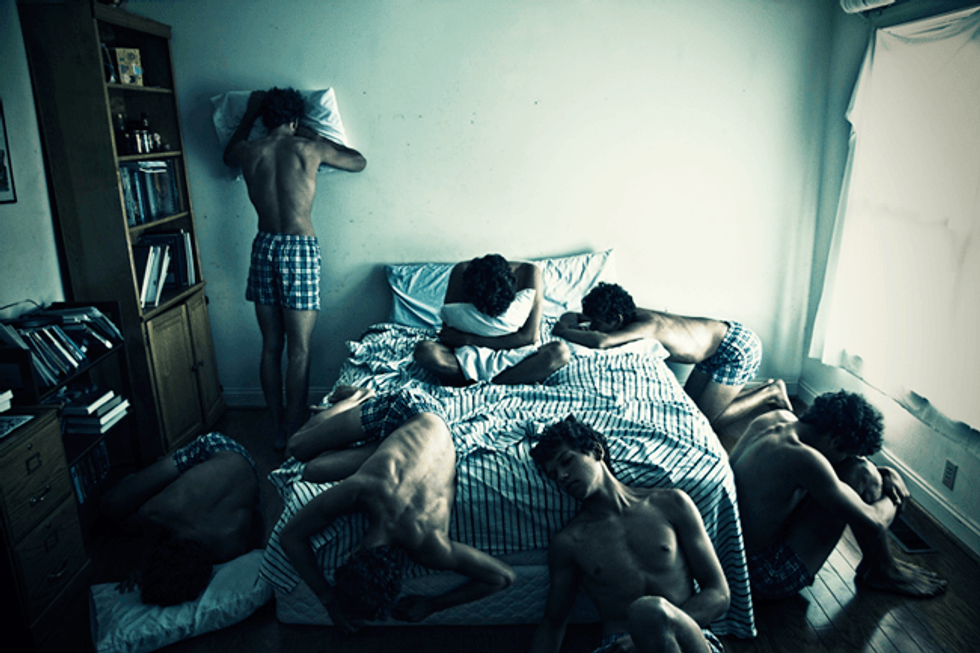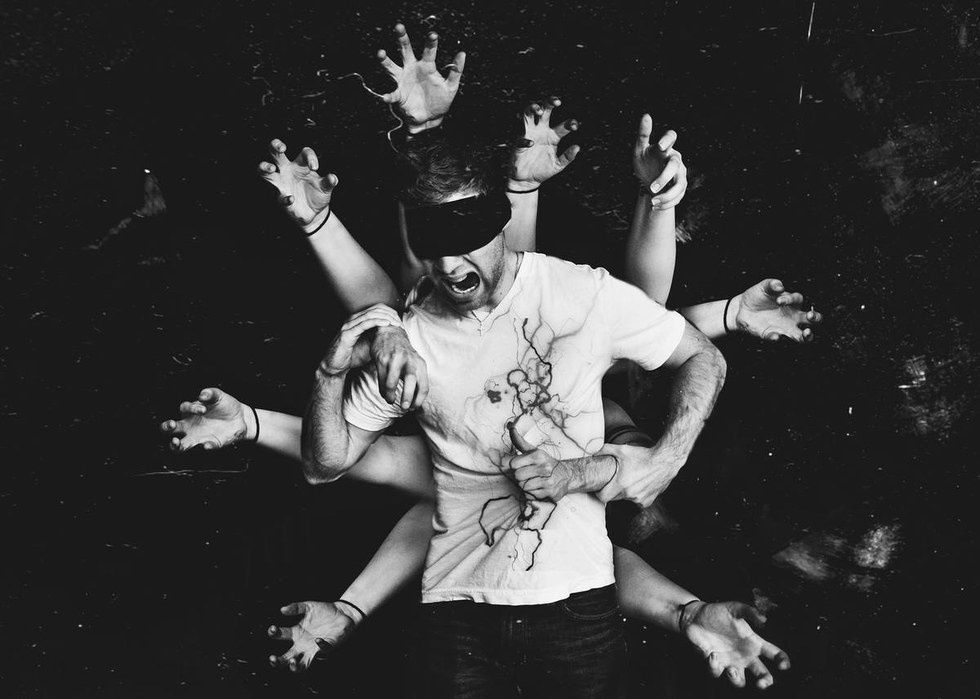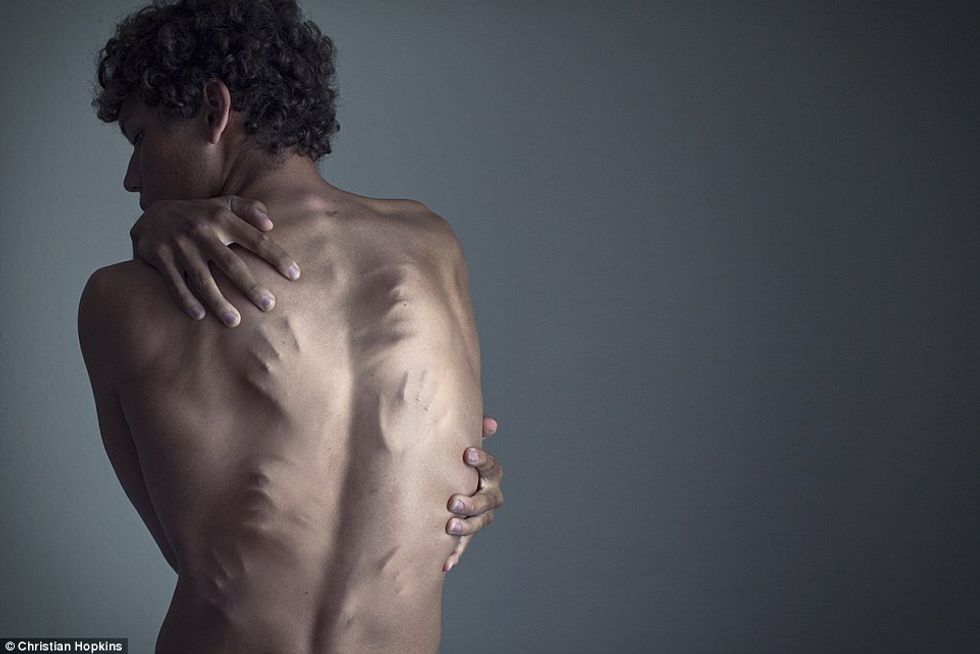I was diagnosed with bipolar disorder when I was 18 years old. It had become evident that the spectrum of depression, anxiety, body dysmorphia, and paranoia I felt, wasn’t normal or manageable. Having bipolar disorder is difficult; I never know when I’m going to be consumed with a weight of grief or become physically ill from the complications of stress. I’ve been put on over twenty two different types of medications ranging from anti-depressants, to stimulants, to tranquilizers, and for a long period of time medication also used for schizophrenia. At one point I took an incredible seven pills a day, throughout the day, in secret, stuffing my prescriptions in my jean’s back pocket or in the sole of my shoes. The cost and amount of hours I’ve spent in a doctor's chair would be enough to let anyone feel defeated.
Most people I talk to have no idea I have bipolar disorder. That’s the trickery involved with it, sometimes I’m completely fine, for months. And then like someone flicking a light switch I fall into a manic depression. I become physically ill, every muscle aching, light sensitivity, impaired judgement, continuous headaches, racing thoughts, loss of memory and constant fatigue. I’m no longer myself. And even with medication, I find it hard to wake up in the morning and impossible to sleep at night. Every hour of the day is a taxing climb. I feel alienated and paranoid, to the point where I shut out people I care about because my paranoia convinces me I am undesired. Paranoia associated with a mental disorder isn’t like what you see on T.V, but it's just as debilitating. Hitting a low with my disorder can be life threatening. I’ve been put in observation multiple times and once had to stay in a rehab facility for over a week. Hitting a low with manic-depressive-bipolar disorder causes suicidal thoughts, and mixed with paranoia and distorted view of yourself, is the number one cause of premature death in people suffering from this disorder.
That’s an incredible 17 percent of those suffering from bipolar disorder who will succeed in taking their lives.
There’s a high correlation between bipolar disorder and other mental illnesses, meaning someone who suffers from bipolar disorder is more than likely also suffering from anxiety, eating disorders, body dysmorphia, ADHD, or has a high rate of developing an addiction with substance abuse. Bipolar Disorder is not curable, it requires lifelong management and help from family and friends to help realize when an episode is about to start. These mood episodes, “lows” and “highs”, can last anywhere from a few weeks to months on end. Some are triggered by change in lifestyle or traumatic events, but more than often they simply arrive unannounced.
Having bipolar disorder has almost taken my life multiple times, it’s crippled my self-worth and made building relationships difficult and taxing. It’s made me paralyzingly defensive when confronted. Feeling as if I’m already walking on thin ice as someone who can never be loved with this baggage, an altercation or disappointment makes the ice shatter and I feel completely worthless. Even though I’m aware this is unrealistic and false, when a person is experiencing a low, that realistic judgement is lost.
My advice for those suffering is to hold on to those you love. A low, no matter how long it lasts and how terrible it can be, is temporary. Don’t make a permanent decision based on a temporary stance. Get help. This doesn’t make you weak or desperate. It makes you strong enough to try and get control over your life again. Don’t lie to anyone, including yourself, about how you feel. If you’re experiencing a low, admit it and take precautions. It could mean the difference between life and death. My advice to those who love someone suffering is to never feel responsible for their grief. This is will make you resentful and will be debilitating to the both of you. Realize this isn’t something you can fix or manage. Be kind and patient. Most people are too ashamed to admit just how difficult this disorder can be, so keep that in mind when you pass judgement.
But most importantly, don’t allow this disorder to define you. It’s just a birth mark that after time merges into something you just handle without second thought. This disorder will either make you compassionate or critical - be careful what it makes you. Don’t feel the need to feel guilty for having a mental complication.
No one should ever apologize for being human.























